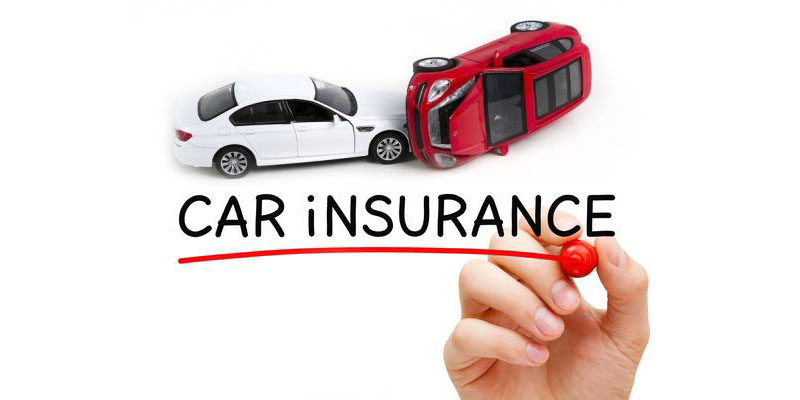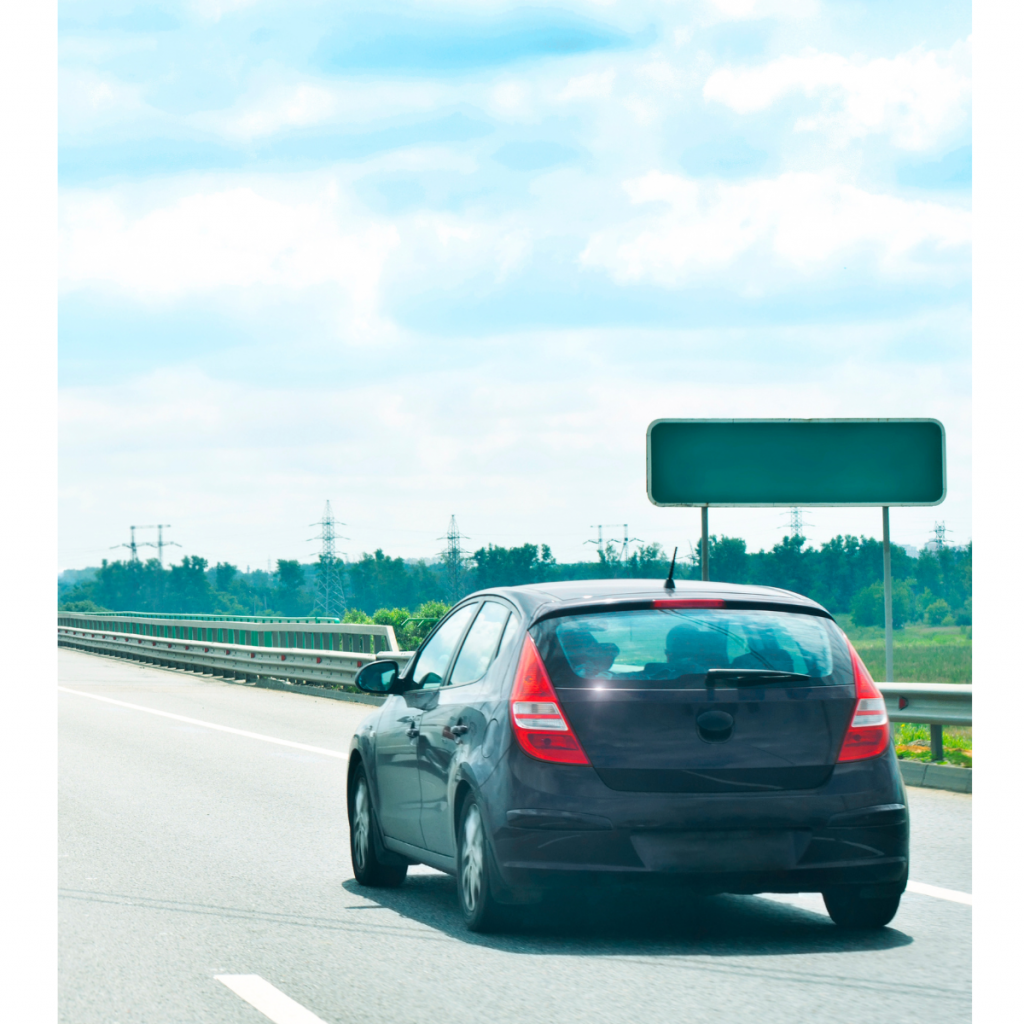Car insurance is a crucial component of responsible vehicle ownership. It not only provides protection in case of accidents but also safeguards your financial security, ensuring that you aren’t burdened with excessive costs from unexpected events. In many regions, having car insurance is mandatory by law, but even beyond legal requirements, it offers peace of mind and essential coverage that protects both you and others on the road. Whether you’re a new driver or a seasoned vehicle owner, understanding the importance of car insurance, the risks of driving without it, and the many benefits it offers is vital. In this article, we’ll explore why car insurance is necessary, the different types of coverage available, and how it protects you from financial setbacks and legal issues.
Understanding the Importance of Car Insurance
Car insurance is often seen as an optional expense, but in reality, it’s a fundamental financial safety net that every vehicle owner should consider. Without it, you risk facing potentially devastating financial consequences following an accident, theft, or natural disaster. Here’s why having car insurance is essential for every driver:

- Legal Requirement
In most countries, having car insurance is not just a good idea; it’s required by law. The primary goal of this mandate is to ensure that all drivers have the financial means to cover the costs of damage or injury they might cause in a car accident. Each state or region has its own laws regarding minimum car insurance coverage, but most require liability coverage at a minimum. Failing to have the required coverage can result in fines, license suspension, or even legal action, so it’s essential to meet local insurance requirements. - Protection Against Financial Losses
One of the biggest reasons why car insurance is essential is its ability to protect against significant financial loss. Car accidents, theft, or other unfortunate events can quickly become expensive. Without insurance, the costs for medical bills, vehicle repairs, or replacement could leave you in financial ruin. For instance, a minor car accident could result in expensive medical expenses or repairs, which may be unaffordable without insurance coverage. Comprehensive and collision coverage options offer financial relief, covering the costs of damages, regardless of who’s at fault. - Liability Coverage: Protection for Others
Car insurance also provides coverage for liability. This means that if you’re at fault in an accident, your insurance can cover medical expenses and property damage sustained by the other party. This protects you from legal and financial repercussions, as victims of car accidents can sue for damages, medical bills, and even lost wages. Liability coverage is often legally required, but it’s also important to have adequate coverage to protect yourself from hefty legal costs and potential lawsuits. - Accident-Related Medical Expenses
Even if you have health insurance, it may not fully cover medical costs related to a car accident. This is where car insurance steps in. Personal Injury Protection (PIP) or Medical Payments (MedPay) coverage provides medical expenses for both you and your passengers in the event of an accident, no matter who caused it. This coverage can also help with lost wages, rehabilitation costs, and even funeral expenses if the worst happens. Having medical coverage through car insurance ensures that you won’t have to rely solely on health insurance for accident-related medical expenses. - Protection from Uninsured/Underinsured Drivers
Despite the fact that car insurance is mandatory in many areas, not everyone complies with the law. If you’re involved in an accident with an uninsured or underinsured driver, it can be difficult to recover the costs of damages. In these cases, your Uninsured/Underinsured Motorist (UM/UIM) coverage can help cover the damages to your vehicle and any medical expenses incurred. This coverage is an essential part of your insurance policy, as it ensures that you’re not left with paying for damages caused by someone else’s negligence. - Peace of Mind
Car accidents are stressful, and the last thing you want to worry about is how you’ll afford the costs associated with one. Having car insurance brings peace of mind, knowing that you are financially protected in case something goes wrong on the road. Whether you’re involved in a minor fender bender or a more serious accident, having the right insurance policy provides reassurance that you won’t face unexpected financial hardship. - Protection Against Natural Disasters and Theft
Car insurance doesn’t only cover accidents; it can also protect you from damage caused by natural disasters like floods, hail, or fires, and theft. Comprehensive coverage is particularly valuable for providing financial protection if your car is stolen or damaged due to non-collision-related incidents. If you live in an area prone to severe weather or theft, having comprehensive coverage can help protect the value of your car and avoid costly replacements or repairs. - Vehicle Repair and Replacement
If your car is damaged in an accident, it can be expensive to repair or replace. In many cases, collision and comprehensive insurance can cover the costs of these repairs. Without insurance, paying for the damage out-of-pocket can be financially draining. If your car is beyond repair, having insurance can help cover the cost of replacing it, which is particularly important if you have a loan or lease on the vehicle. - Peace of Mind for Family and Passengers
Car insurance not only protects you as a driver but also provides coverage for your passengers. Personal Injury Protection and medical payments coverage can ensure that your loved ones are covered if they are injured while riding in your vehicle. This is an important consideration, especially if you regularly carry passengers or drive family members in your car. Ensuring that your policy includes the necessary coverage helps protect everyone in your vehicle from unexpected financial burdens. - Insurance Can Save You Money in the Long Run
While car insurance premiums may seem like an unnecessary expense, they can save you money in the long run. Without it, the financial fallout from a serious accident or other incident could wipe out your savings and put you into debt. Car insurance helps reduce the financial strain by covering repair costs, medical expenses, and liability claims. Additionally, many insurers offer discounts for things like safe driving, installing safety features in your car, or bundling your car insurance with other policies, like home insurance. Taking advantage of these discounts can help reduce your premium while still maintaining sufficient coverage.
Types of Car Insurance Coverage
Understanding the types of car insurance coverage can help you choose the best policy for your needs. The most common types of coverage include:

- Liability Insurance: Covers damages to others when you’re at fault in an accident, including medical expenses and property damage.
- Collision Insurance: Covers repair costs to your vehicle in the event of a collision, regardless of who is at fault.
- Comprehensive Insurance: Covers damages caused by non-collision events such as theft, vandalism, or natural disasters.
- Personal Injury Protection (PIP): Pays for medical expenses, lost wages, and other costs related to injuries from an accident.
- Uninsured/Underinsured Motorist Insurance: Provides protection if you’re in an accident with a driver who lacks adequate insurance coverage.
- Gap Insurance: Covers the difference between the actual value of your car and the amount you owe on a loan or lease if your vehicle is totaled.
How to Choose the Right Car Insurance
When choosing car insurance, consider the following:
- State Requirements: Ensure your coverage meets the minimum requirements set by your state or country.
- Coverage Limits: Review your coverage limits to make sure they provide sufficient protection in case of an accident.
- Premiums: Compare premiums from different providers to find the best price for the level of coverage you need.
- Discounts: Ask about available discounts for safe driving, good credit, or bundling policies.
- Reputation of the Insurer: Research the company’s reputation for handling claims and customer service.
Conclusion
Car insurance is an essential investment for every vehicle owner, offering protection from financial hardship, legal liability, and the costs of accidents and unexpected events. It ensures that you’re covered in various scenarios, from collisions to theft and natural disasters, and provides the peace of mind that comes with knowing you’re financially secure on the road. Whether it’s a legal requirement or a voluntary choice, having the right car insurance coverage is an investment in your financial future and safety. Be sure to carefully evaluate your options, compare quotes, and select the best policy that meets your needs and budget.

Leave a Reply